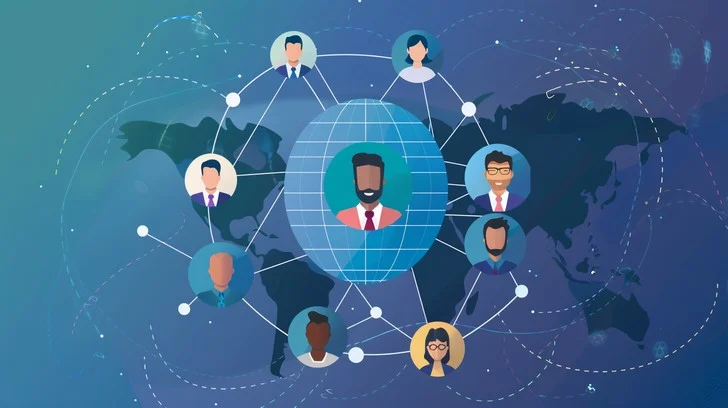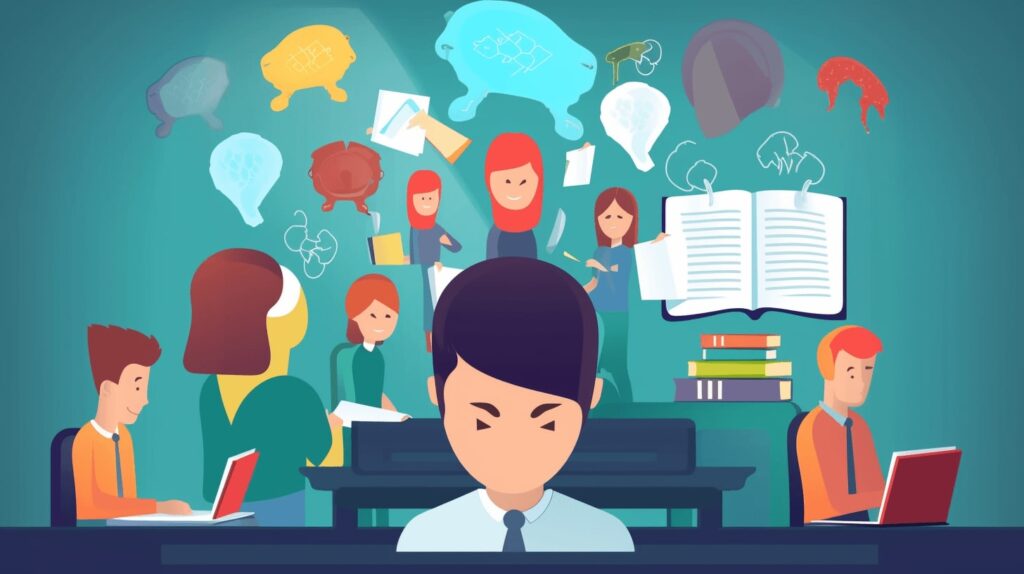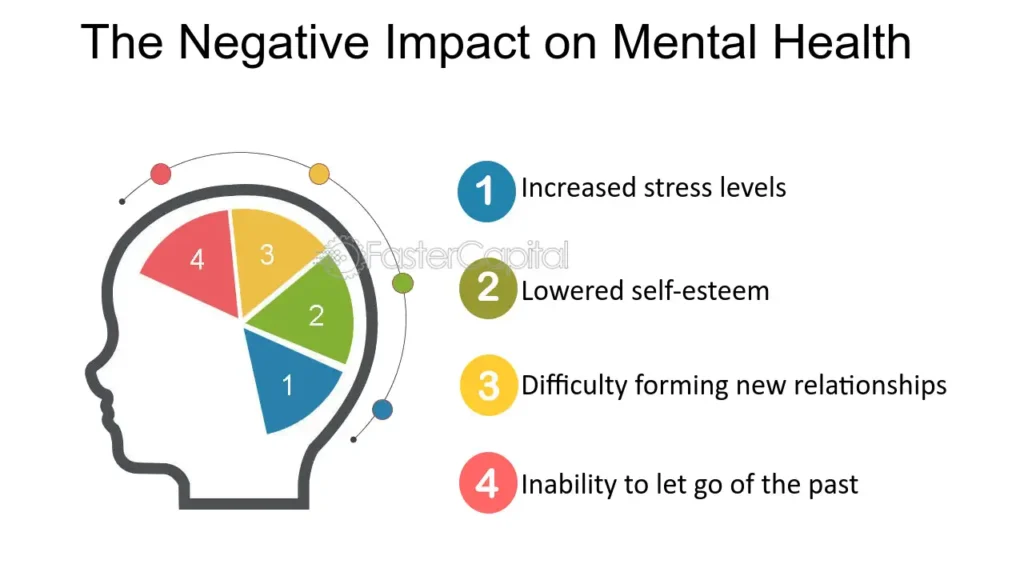Social media has become an essential part of our everyday lives in the current digital era. Platforms like Facebook, Instagram, Twitter, and TikTok allow us to stay connected, share ideas, and express ourselves. While it has numerous benefits, it also comes with its fair share of drawbacks. Let’s explore both the advantages and disadvantages of it in detail.

Social Media Advantages:
- Connects People Globally
The ability of social media to bring people together from all over the world is one of its biggest benefits. Regardless of where someone is located, they can communicate instantly with friends, family, or business associates. This global reach makes it a powerful tool for networking, learning, and staying in touch with loved ones, no matter the distance.
2. Provides a Platform for Self-expression
It gives individuals the freedom to express themselves. Whether it’s sharing opinions, posting photos, or promoting hobbies, these platforms offer a space for creativity and personal expression. For many, social media acts as an outlet for creativity, helping them discover new passions, build confidence, and even make a living by sharing their talents.
3. Facilitates Business Growth
Social media is an essential tool for businesses, both big and small. It allows brands to reach a broader audience, engage with customers, and promote their products or services. With targeted advertising, businesses can direct their content to specific groups, making marketing more effective.
It also helps businesses build brand loyalty by fostering a sense of community through direct interactions with customers.

4.Learning and Awareness
Social media is not only about entertainment; it’s also a valuable resource for learning. Platforms like YouTube offer tutorials, courses, and educational content on various subjects. Furthermore, social media enables users to stay updated on news, trends, and global events.
It acts as a gateway to information, helping people stay informed about what’s happening in the world.
5.Supports Social and Political Movements
Social sites has played a significant role in raising awareness and supporting causes such as climate change, human rights, and social justice. Activists use it to mobilize people, share information, and organize protests or campaigns. Platforms like Twitter and Instagram help spread messages quickly, which can lead to social and political changes.
Disadvantages of Social Media

1. Cyberbullying and Online Harassment
One of the most concerning disadvantages of social media is the rise of cyberbullying and online harassment. With the anonymity that the internet provides, people can engage in hurtful behavior without facing immediate consequences. This has led to serious emotional and psychological damage for many users, particularly teenagers and vulnerable individuals. The negative effects of cyberbullying can range from low self-esteem to depression and anxiety.
2. Social Media Addiction
Social media has the potential to be very addictive. The constant need to check notifications, scroll through posts, or interact with content can take up significant amounts of time. This addiction may lead to a decrease in productivity, disrupt sleep patterns, and cause individuals to neglect their real-world relationships. Spending too much time on social sites, can also lead to feelings of loneliness, as people may prioritize virtual interactions over face-to-face connections
3. Spread of Misinformation
Another major disadvantage is the spread of misinformation and fake news. Due to the ease of sharing content on social media, false information can quickly go viral, causing confusion or panic. Inaccurate news, misleading health advice, and rumors can have harmful effects on society. Social media platforms have struggled to control the spread of fake news, which can influence public opinion and decision-making.
4. Privacy Concerns
Privacy is a significant concern when it comes to social media. Users often share personal information online without realizing how it can be used or misused. Personal data such as location, preferences, and contact details can be accessed by third parties, including advertisers and hackers. The lack of control over how personal data is shared or sold can lead to privacy violations and identity theft.

5. Negative Impact on Mental Health
Social media can have a negative impact on mental health, especially when it comes to self-esteem. Many users feel pressure to present a perfect image of themselves online, leading to unrealistic expectations and comparisons. Constant exposure to edited or filtered photos can make individuals feel insecure about their own appearance. Additionally, online validation, such as likes and comments, can create an unhealthy dependency on external approval.
Conclusion :
To sum up, social media has advantages as well as disadvantages. On the one hand, it connects people, promotes business growth, and provides valuable learning opportunities. On the other hand, it can lead to addiction, privacy concerns, and mental health challenges. The key to using social sites effectively lies in balancing its benefits while being mindful of its potential harms. By using Online platforms responsibly, we can maximize its advantages while minimizing its disadvantages.
